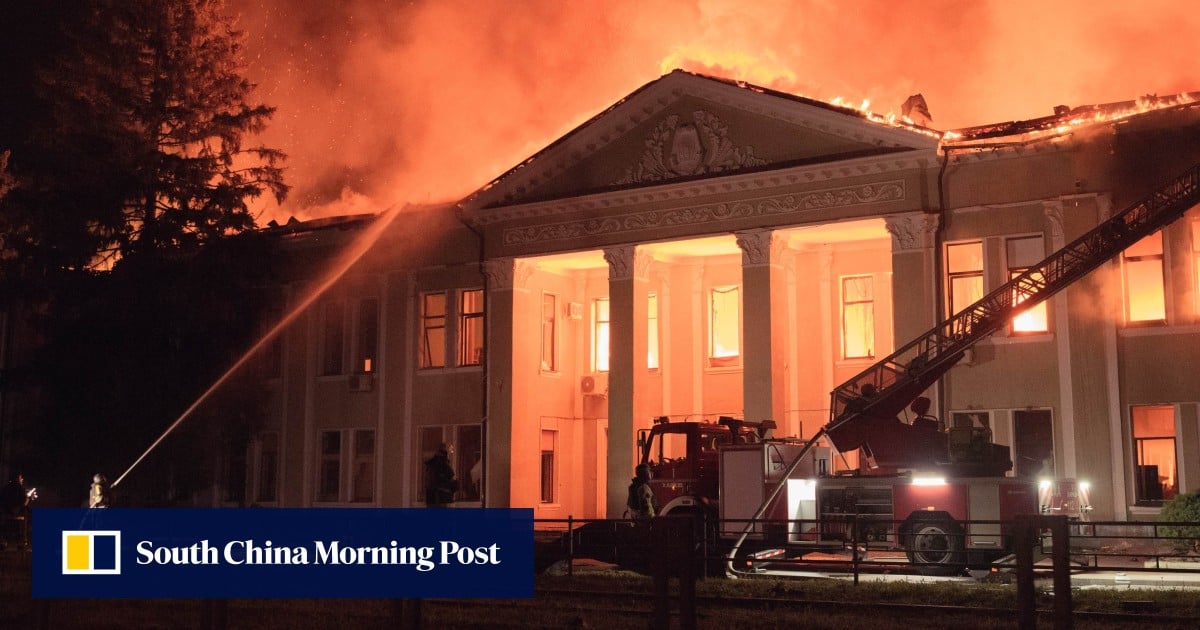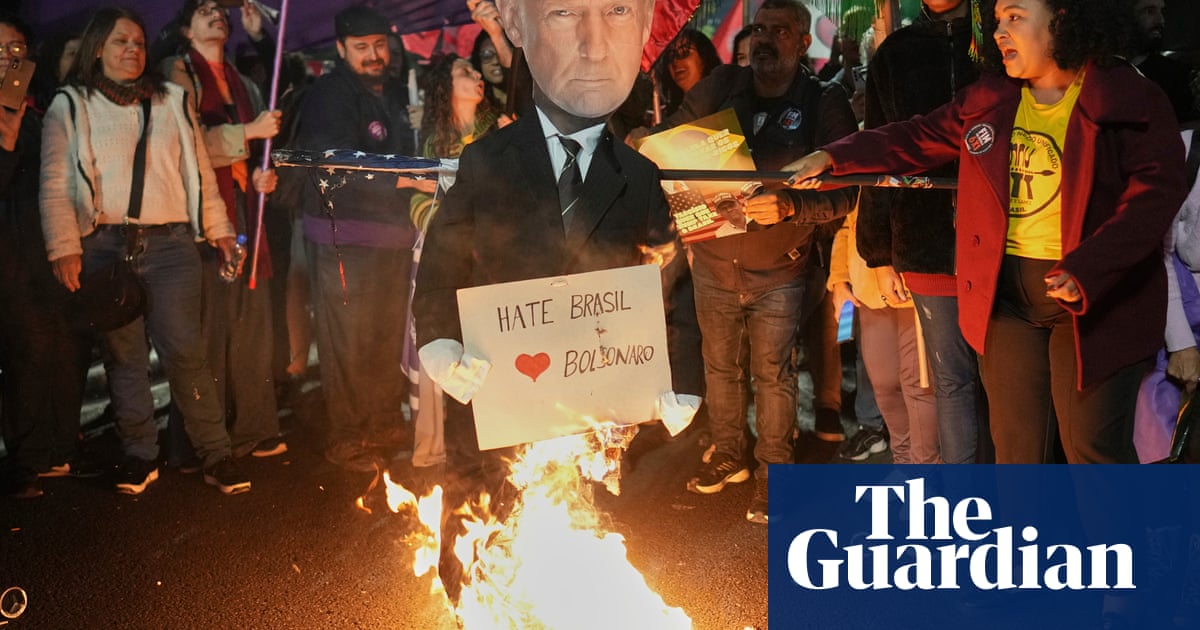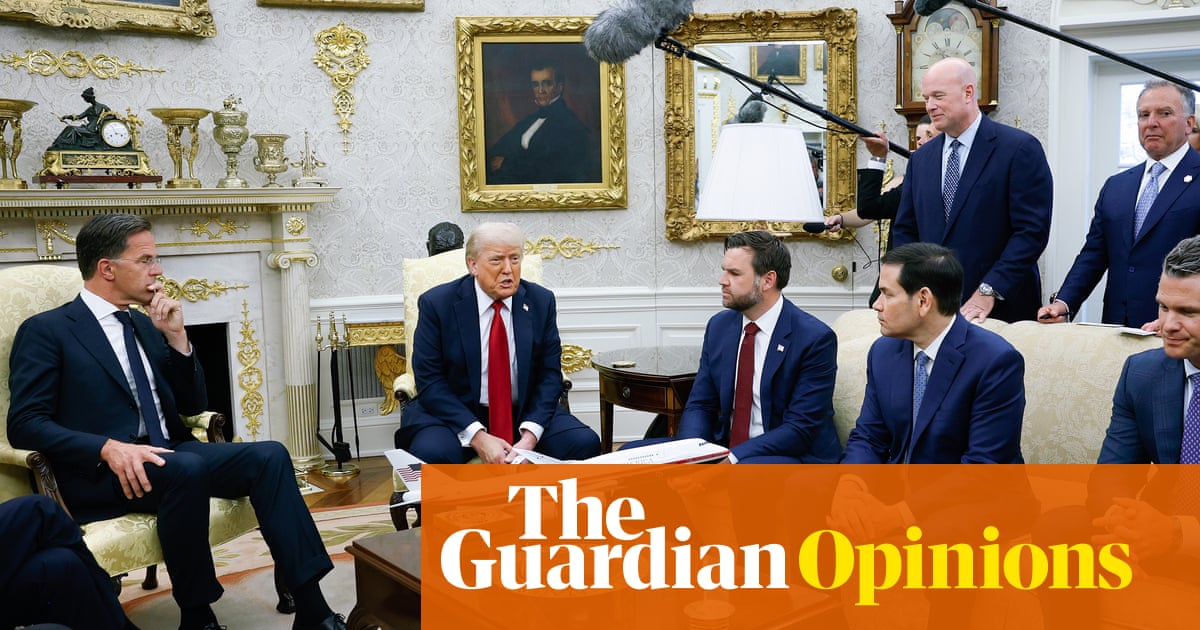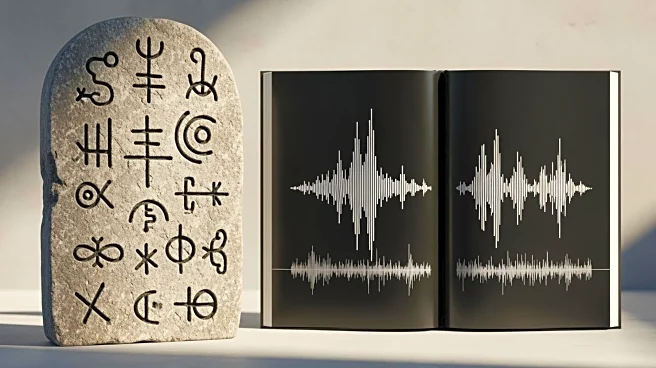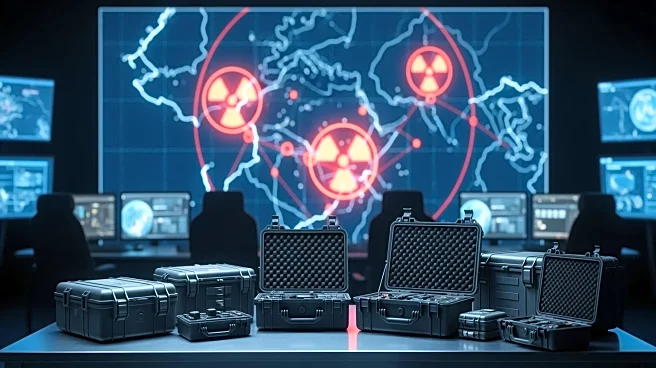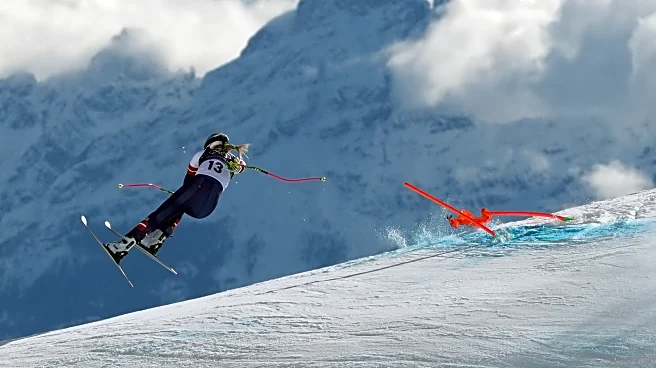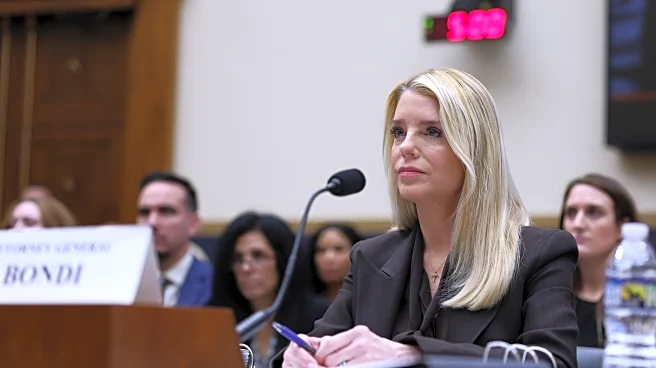In a dramatic escalation of tension, former President Donald Trump has issued a 50-day ultimatum to Russian President Vladimir Putin, demanding an end to hostilities in Ukraine. This bold move comes with
Did You Know
Sharks existed before trees.
?
AD
the threat of imposing 100% tariffs on countries engaging in trade with Russia if a ceasefire is not reached by the deadline. The announcement has ignited a flurry of reactions from across the political spectrum, with many questioning the feasibility and sincerity of such threats. While intended as a display of strength, this strategy also reflects deeper uncertainties regarding Trump's consistency in foreign policy, particularly concerning Russia.
Ukrainian President Volodymyr Zelensky has expressed gratitude for Trump’s plan to send more military aid, particularly Patriot missile systems. However, amidst ongoing conflict, some Ukrainian officials express unease about the adequacy of a 50-day timeline, fearing it may allow Russia to further entrench its position on the battlefield. As the war rages on, the urgency for effective and timely assistance becomes critical. Zelensky's appreciation is tempered by concern that Trump’s tactics might not yield the diplomatic results needed to quell the ongoing violence.
The Kremlin, meanwhile, has reacted with skepticism, outright dismissing Trump's demands as unacceptable. Russian officials assert that they will continue their military endeavors regardless of external pressures, signaling a determined resistance to compliance. This backdrop of defiance underscores a complex interplay of geopolitical maneuvering, with Trump's ultimatum potentially amplifying hostilities rather than fostering dialogue. As the situation evolves, the world watches closely, aware that the stakes in Ukraine extend far beyond its borders, impacting global diplomatic relations and security landscapes.
Q&A (Auto-generated by AI)
What are the implications of Trump's ultimatum?
Trump's ultimatum to Russia to agree to a ceasefire in 50 days carries significant implications for international relations. It demonstrates a shift in U.S. policy, emphasizing a more confrontational stance towards Russia while seeking to bolster Ukraine's defense. The ultimatum could escalate tensions if Russia perceives it as a threat, potentially leading to further military actions. Additionally, it tests the unity of NATO and European allies, as they must respond collectively to any fallout from Russia's reaction.
How has Russia reacted to past US sanctions?
Russia has historically reacted to U.S. sanctions with defiance, often dismissing them as ineffective. For example, after the 2014 annexation of Crimea, the U.S. imposed sanctions targeting key sectors of the Russian economy. Russia responded by strengthening ties with non-Western countries and developing its own economic strategies to mitigate the impact. The Kremlin often portrays sanctions as a form of Western aggression, using them to rally domestic support against perceived external threats.
What role do NATO allies play in this conflict?
NATO allies play a crucial role in the Ukraine conflict by providing military, economic, and political support to Ukraine. The alliance's collective defense principle encourages member states to respond to aggression against any member. NATO has been supplying Ukraine with weapons, including Patriot missile systems, and has coordinated sanctions against Russia. The involvement of NATO serves to deter further Russian aggression while ensuring that Ukraine receives the necessary assistance to defend itself effectively.
What are the historical ties between Ukraine and Russia?
Ukraine and Russia share deep historical ties, with both nations tracing their origins to the medieval state of Kievan Rus'. Over centuries, Ukraine has oscillated between periods of independence and domination by Russia. The Soviet era saw Ukraine integrated into the USSR, leading to significant cultural and political repression. Following the Soviet Union's collapse in 1991, Ukraine declared independence, but tensions with Russia resurfaced, particularly after Russia's annexation of Crimea in 2014, complicating their relationship further.
How do tariffs impact international relations?
Tariffs can significantly impact international relations by influencing trade dynamics and diplomatic ties. High tariffs, like Trump's proposed 100% on Russia, can strain relationships, provoke retaliatory measures, and escalate conflicts. They serve as economic weapons, aiming to compel compliance with political demands. However, tariffs can also alienate allies if they perceive them as harmful to their interests, potentially leading to divisions within coalitions, as seen in the mixed responses from European leaders regarding Trump's approach.

